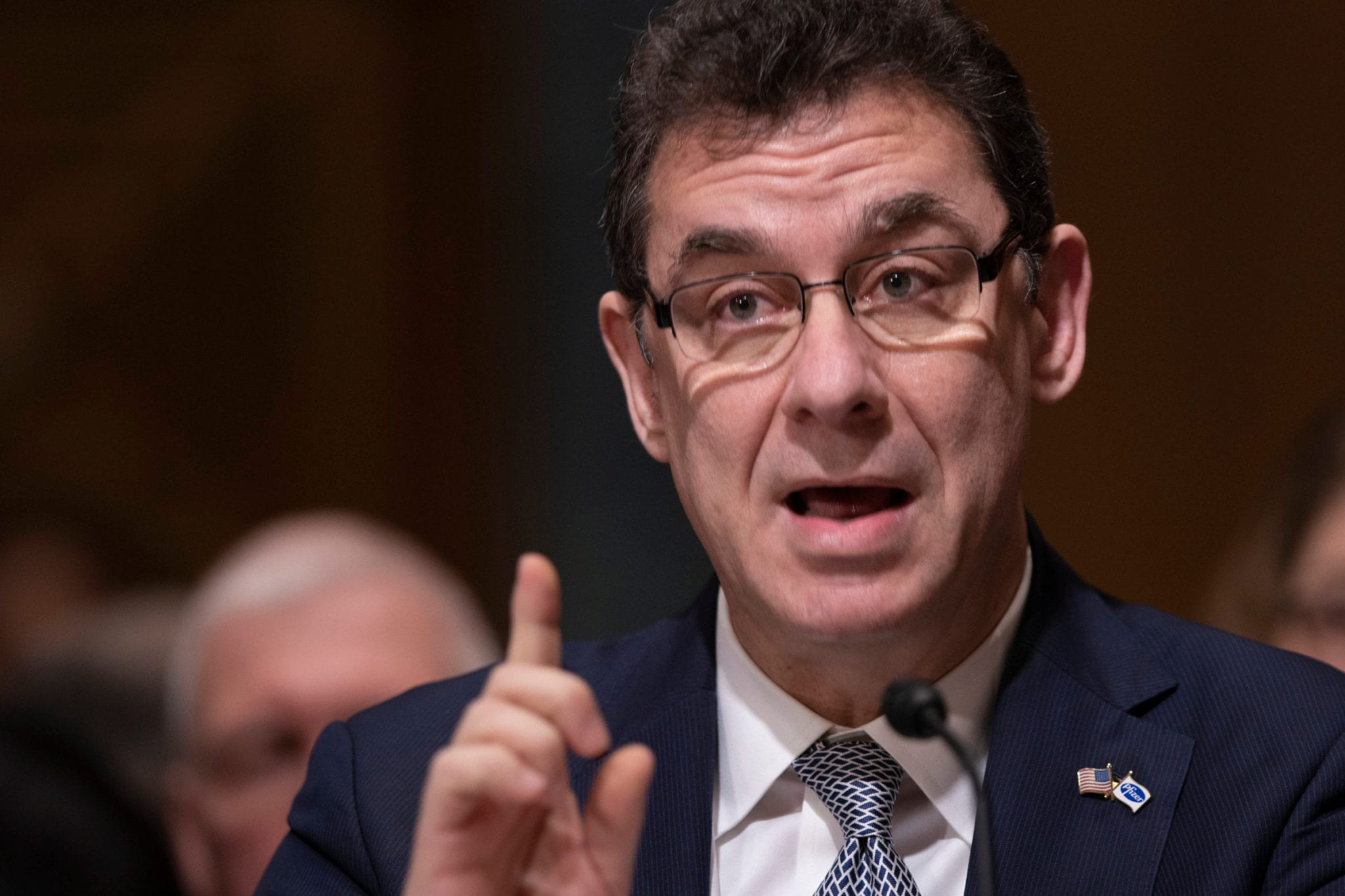
Albert Bourla (AP Images)
Pfizer emerges from pandemic crucible with confidence to go solo in taking mRNA vaccines beyond Covid-19
The pandemic has changed Pfizer.
It’s not just the $15 billion in cash they expect their BioNTech-partnered Covid-19 vaccine to bring in 2021. Rather …
Sign up to read this article for free.
Get free access to a limited number of articles, plus choose newsletters to get straight to your inbox.